

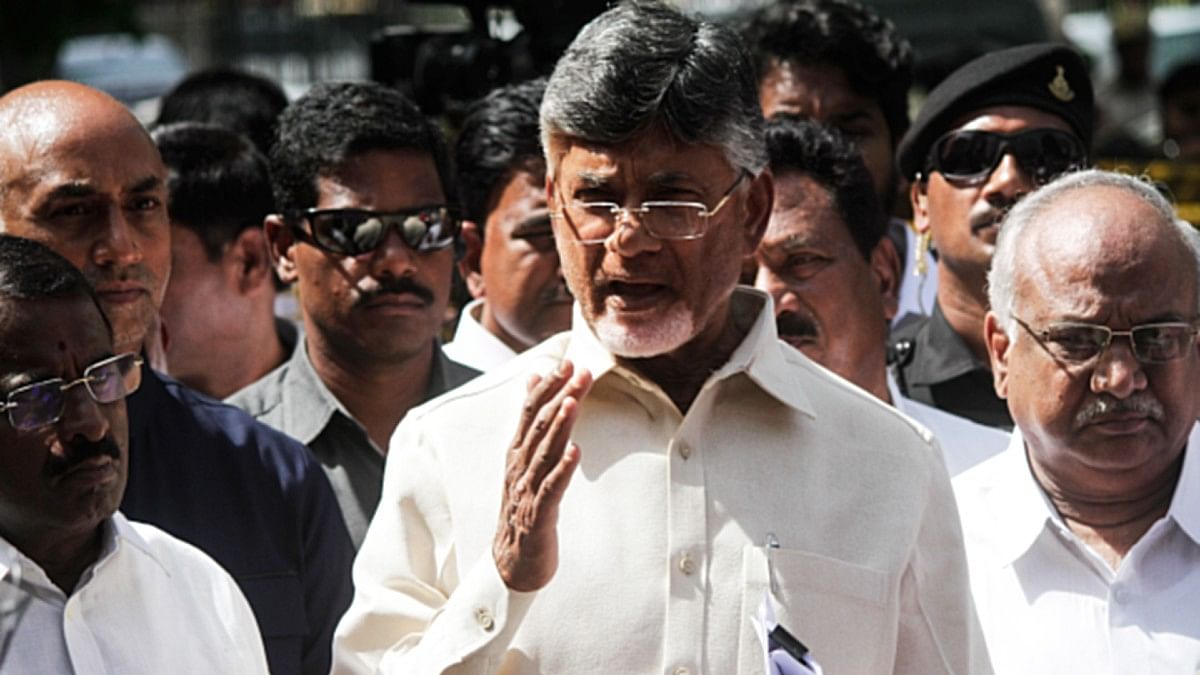
Chief Minister N Chandrababu Naidu has allocated the portfolios of the new ministers in Andhra Pradesh, with himself retaining the important ministry of Law and Order. Naidu's son Nara Lokesh has been given the responsibility of HRD, IT Electronics & Communication, while Deputy CM Pawan Kalyan has been appointed the Panchayati Raj, Environment, Forest, Science & Technology ministry. Along with Naidu, Jana Sena Party chief Pawan Kalyan and Nara Lokesh also took the oath of office in a ceremony attended by several leaders including Prime Minister Narendra Modi and Union Home Minister Amit Shah.
Panchayati Raj: Empowering Grassroots Democracy in Andhra Pradesh
Panchayati Raj, a system of local self-governance, plays a vital role in empowering rural communities in India. In Andhra Pradesh, the institution of Panchayati Raj has undergone significant transformation in recent years.
Key Developments in Panchayati Raj in Andhra Pradesh
Constitutional Amendment: In 1992, the 73rd Amendment to the Indian Constitution introduced Panchayati Raj institutions across the country, ensuring their constitutional status and autonomy.
Creation of Gram Panchayats: Gram Panchayats are the lowest tier of Panchayati Raj, covering a village or a group of villages. In Andhra Pradesh, there are over 13,000 Gram Panchayats.
Devolution of Powers: Panchayati Raj institutions have been granted significant powers in areas such as water supply, sanitation, health, education, and agriculture.
Recent Developments
In 2019, Chief Minister N Chandrababu Naidu allocated the Panchayati Raj portfolio to Deputy CM Pawan Kalyan. This move was seen as a step towards further empowering the institution of Panchayati Raj in the state.
Role of Panchayati Raj in Andhra Pradesh
Rural Development: Panchayati Raj institutions play a crucial role in promoting rural development by implementing various schemes and projects.
Grassroots Empowerment: Panchayats provide a platform for local communities to participate in decision-making and address their needs directly.
Accountability and Transparency: The decentralization of power fosters accountability and transparency in local governance.
Women's Empowerment: Panchayati Raj institutions reserve seats for women, enabling their participation in decision-making processes.
Harmony and Cohesion: By involving diverse stakeholders in local administration, Panchayati Raj promotes harmony and cohesion within rural communities.
Top 5 FAQs on Panchayati Raj
What is Panchayati Raj? Panchayati Raj is a system of local self-governance that empowers rural communities to govern themselves.
What are the different tiers of Panchayati Raj? The three tiers of Panchayati Raj are: Gram Panchayats (village level), Mandal Parishads (block level), and Zilla Parishads (district level).
What are the powers and functions of Panchayati Raj institutions? Panchayats have powers and functions related to water supply, sanitation, health, education, agriculture, and other local matters.
How are Panchayati Raj institutions elected? Members of Panchayati Raj institutions are elected through direct elections by the local community.
What are the challenges faced by Panchayati Raj institutions? Challenges include a lack of funding, capacity-building, and political interference, among others.

The largest gathering of nationalist thinkers and practitioners, Lokmanthan 2024, is set to begin in Hyderabad on November 21. President of India Droupadi Murmu, RSS chief Mohan Bhagwat, and several Union ministers will engage in talks, exhibitions, cultural performances, and a food festival over the course of four days. Organized for the first time in South India, the platform aims to promote the oneness of ancient civilization through discussions with prominent academicians, thinkers, artists, and activists.

With 7 candidates vying for the Karhal MLA seat, the bypoll elections were necessitated by the resignation of Akhilesh Yadav. Watch live updates on the election process, including who is leading, trailing, and ultimately wins the seat. Karhal is part of the 21st Mainpuri Lok Sabha constituency in Uttar Pradesh and had previously been won by Yadav's wife, Dimple Yadav. As per the gazette notification, the bypoll will take place on November 20, 2024, and the results will be announced on November 23, 2024.
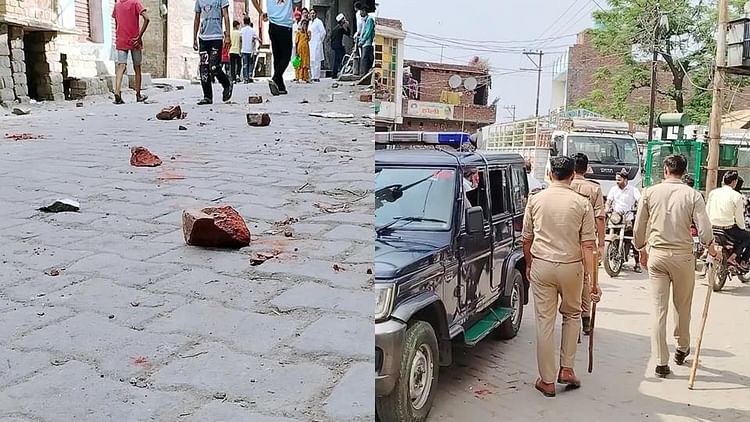
On Sunday morning, Sambhal district in Uttar Pradesh saw an outburst of violence when a team of surveyors arrived at the Shahi Jama Masjid to conduct a second survey of the mosque. The police had to resort to lathi charge and tear gas shells to control the crowd, who were throwing stones and attacking media personnel. Amidst all this chaos, the police announced that they would take strict action against those who were involved in the violence, stating that their actions were illegal under section 163 of the Bhartiya Nagrik Suraksha Sanhita.
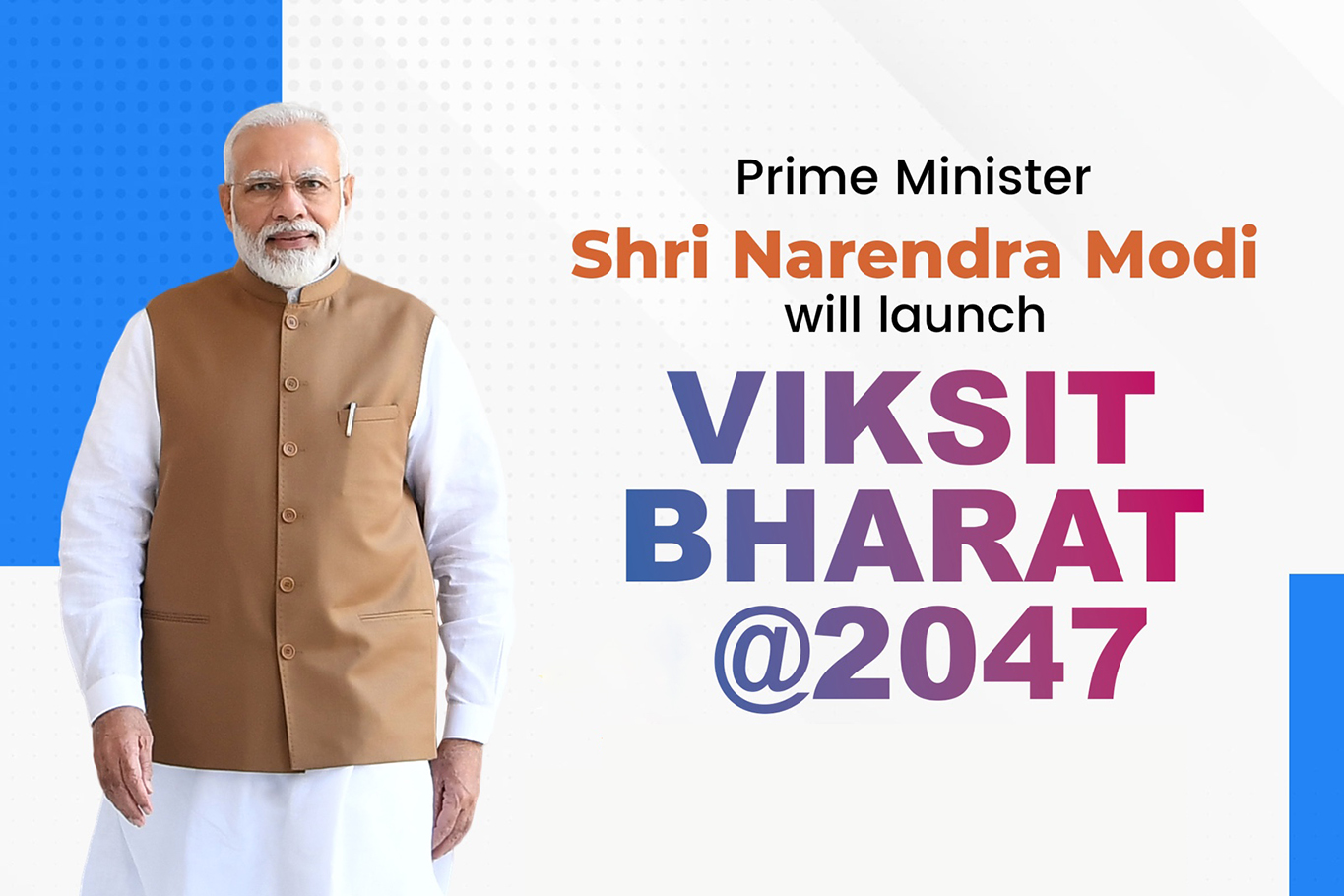
During his monthly radio program, PM Modi emphasized the significant role youth play in shaping India's future and announced the upcoming Viksit Bharat Young Leaders Dialogue to coincide with Swami Vivekananda's birth anniversary and National Youth Day. The event will bring together 2,000 young minds from across India to brainstorm and develop a roadmap for the country's progress. PM Modi also urged youth from non-political backgrounds to join politics and will personally attend as much of the dialogue as possible.
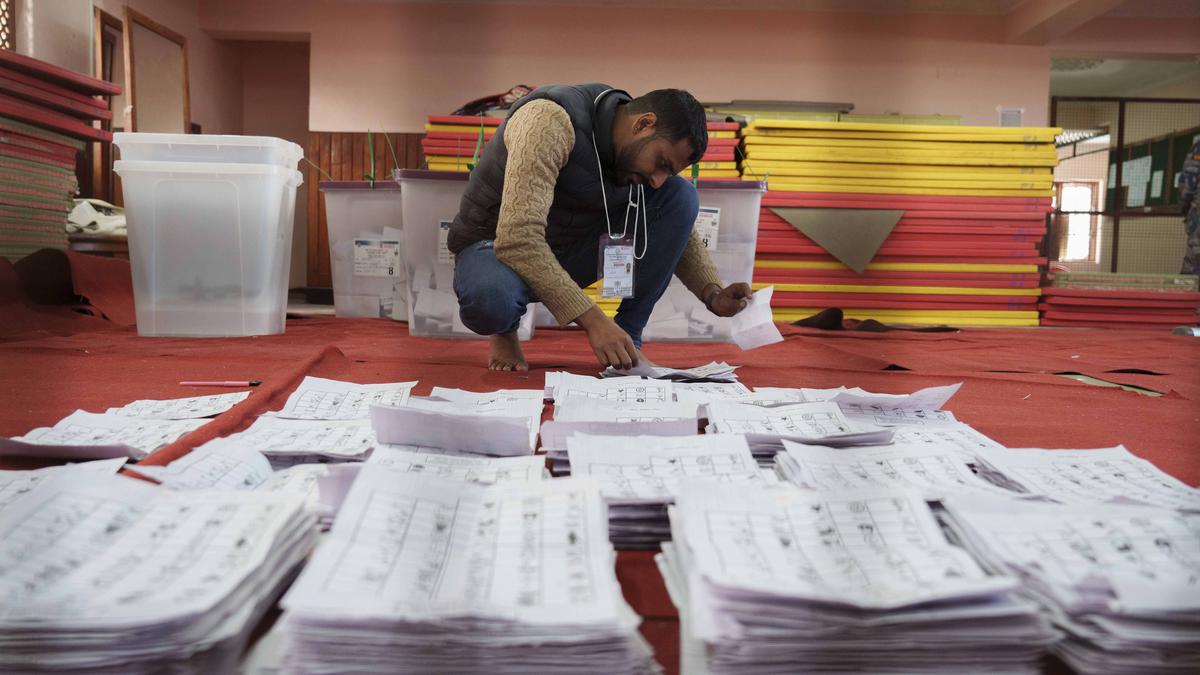
The bypoll for the Meerapur Vidhan Sabha constituency in Uttar Pradesh has attracted attention with a total of 11 candidates vying to be elected as the MLA. The constituency, which is part of the Bijnor Lok Sabha seat, has been necessitated due to the resignation of Chandan Chauhan. Stay updated with live result updates to find out who will be the new Member of Legislative Assembly for Meerapur.
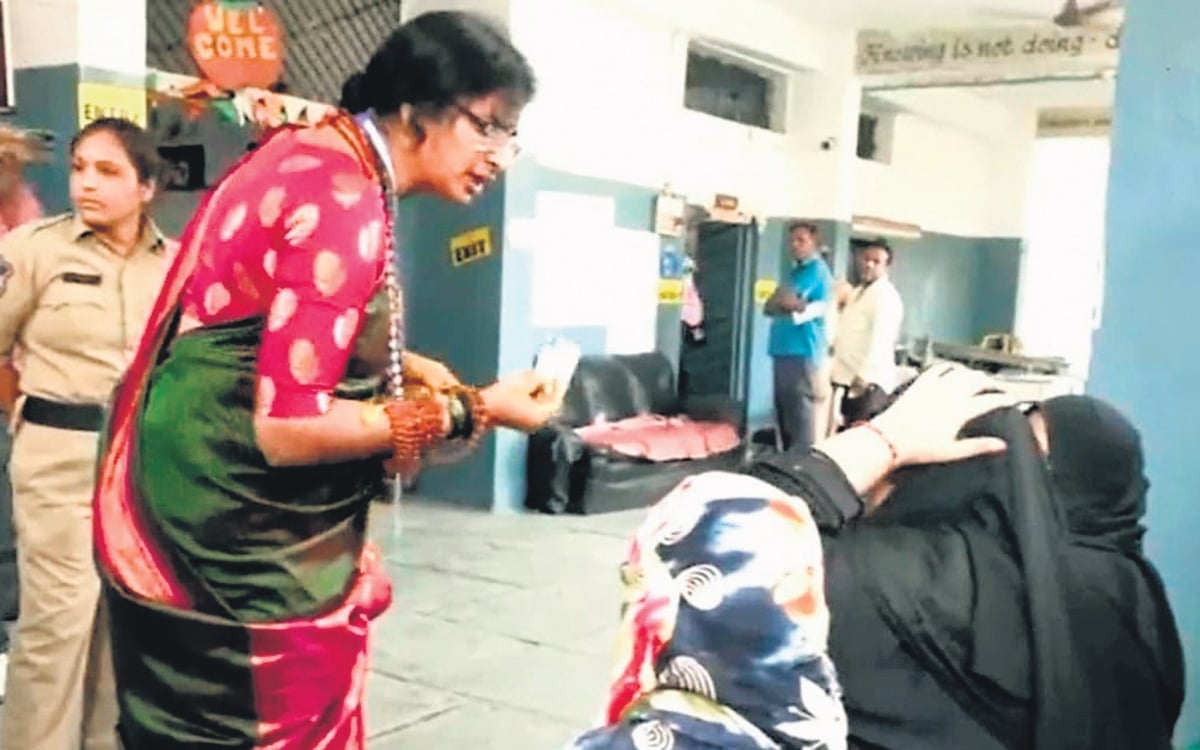
A heated debate has arisen between the Samajwadi Party and the BJP over the issue of voter identity verification for Muslim women wearing burqas, hijabs, niqabs, and ghunghats in the upcoming UP by-election. The Samajwadi Party has approached the Election Commission demanding that Muslim women should not have to remove their burqas for checks, while the BJP argues that every voter must be identified. The Election Commission has confirmed that only the polling officer is authorised to verify voter ID cards, and police or security personnel are not permitted to check ID cards or request a woman to remove her burqa. As polling continues, the outcome of this controversy remains to be seen.
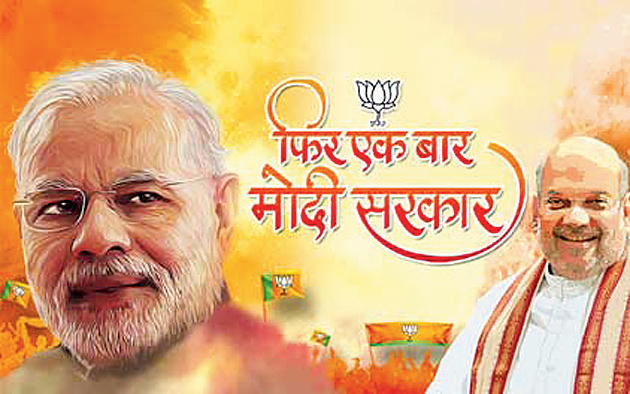
Amidst growing controversy and criticism, the ruling BJP in Uttar Pradesh seems to have a dilemma over its slogan, "Batoge to Katoge" coined by CM Yogi Adityanath. Within the party, Deputy CM Keshav Prasad Maurya has expressed ignorance about the slogan's context, causing opposition parties to question the party's unity. The BJP's attempts to present a consistent narrative seem to have failed as even party leaders like Ajit Pawar have spoken against the slogan. With differing slogans from top leaders, the opposition accuses the BJP of contradictions.

The results for the Maharashtra and Jharkhand Assembly polls are in, with the Shiv Sena-NCP alliance and the JMM facing a stiff challenge from the BJP. Despite facing internal divisions, the Maha Yuti alliance in Maharashtra looks set to secure a victory. Meanwhile, in Jharkhand, the JMM, bolstered by its I.N.D.I.A. allies, is expected to retain power. Stay updated with live updates and coverage on Deccan Herald and make sure to follow their Whatsapp, X, Facebook, YouTube, and Instagram channels for more news.
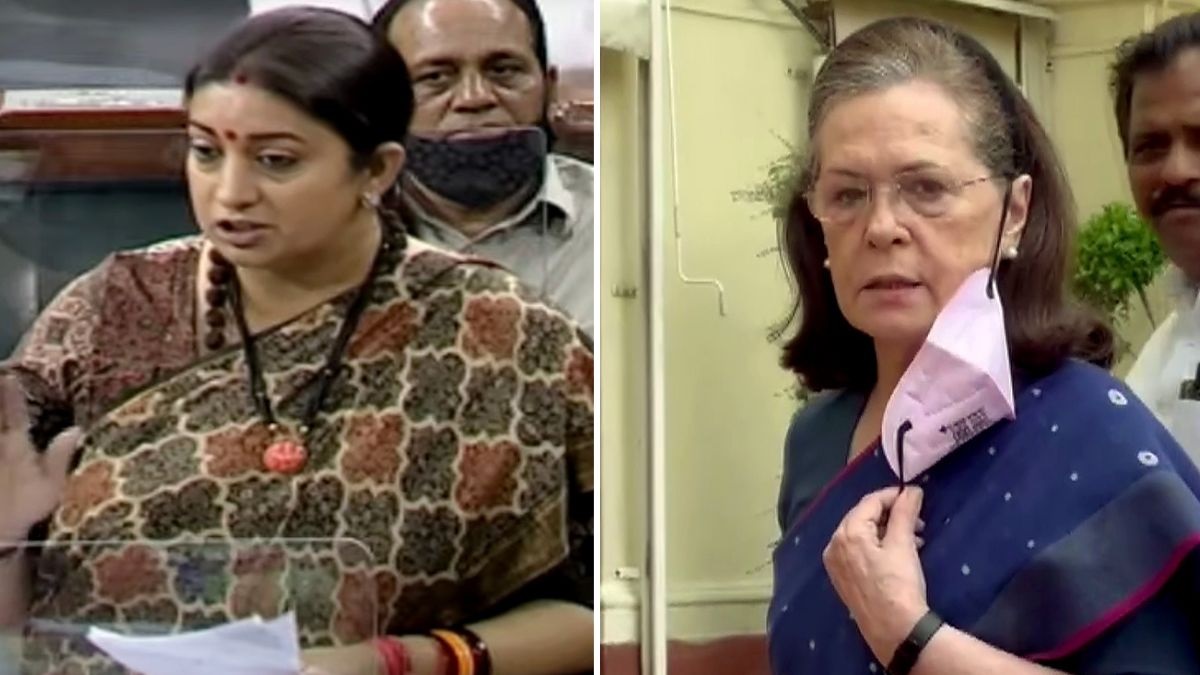
In the recently concluded Maharashtra Assembly elections, the Congress faced a major defeat in direct contests with the BJP, winning only 10 out of 75 seats. This is a significant decline from their performance in the Lok Sabha polls earlier this year. The BJP's average vote share per seat contested rose by 6 percentage points, while the Congress saw a decline of 14 percentage points. In some key constituencies, the Congress finished in fourth place, highlighting the immediate need for the party to reassess its strategies and connect with the voting public.
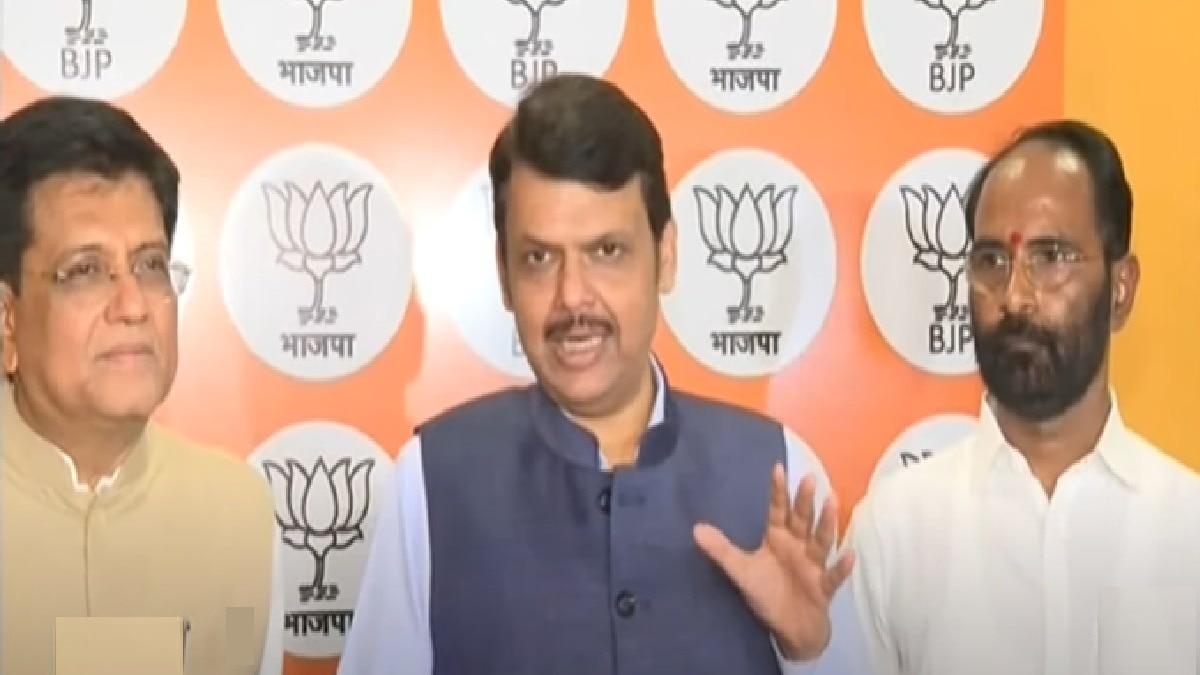
In a surprising turn of events, the Bharatiya Janata Party-led Mahayuti alliance has emerged victorious in the Maharashtra Assembly elections, securing a record-breaking 234 out of 288 seats. With the BJP coming out as the single largest party, winning 132 seats on its own, all eyes are now on who will be the Chief Minister of the state. The ruling alliance's stunning win has left Shiv Sena and Sharad Pawar's NCP far behind, with only 57 and 10 seats respectively. As celebrations break out in the winning camps, the people of Maharashtra eagerly await the next CM's announcement.